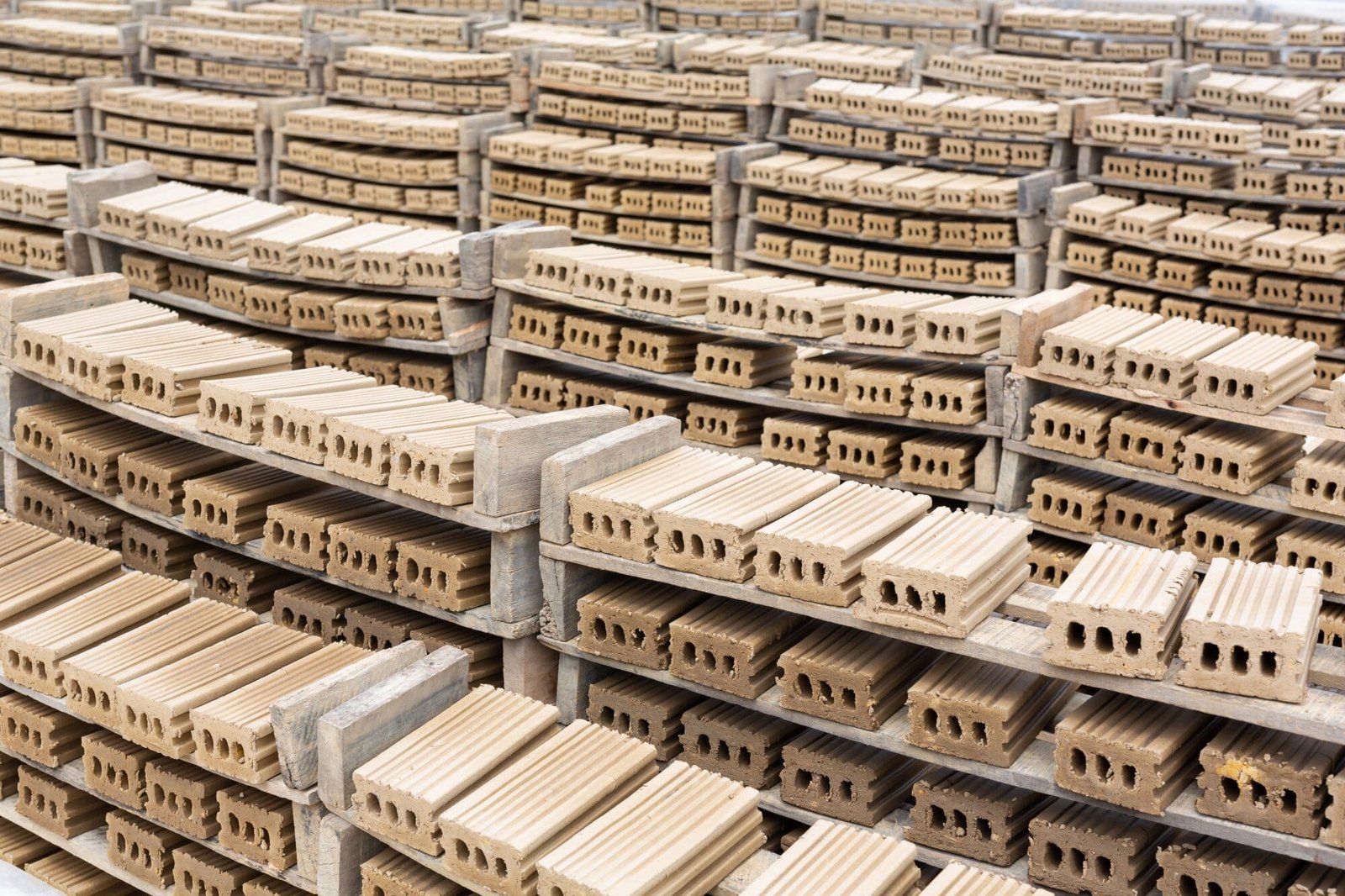In 2025, sustainability is no longer an option in commercial construction—it’s a responsibility. As the building sector accounts for nearly 40% of global carbon emissions, architects, engineers, and contractors are under growing pressure to reduce environmental impact while delivering high-performance, cost-effective structures.
This shift has led to a powerful intersection between two transformative forces: Artificial Intelligence (AI) and sustainable construction. Together, they’re reshaping how projects are designed, built, and maintained for long-term ecological and operational efficiency.
In this article, we explore how AI is helping commercial builders adopt smarter, greener practices—and what that means for the future of construction.
1. Smarter Design Through AI-Powered Energy Modeling
Energy efficiency begins in the design phase. Traditional modeling tools can simulate a building’s energy use, but AI enhances this by running thousands of variations in minutes—producing the most efficient building envelope, HVAC system, and orientation.
Key Capabilities:
- AI-assisted daylight analysis to reduce reliance on artificial lighting
- Predictive thermal modeling to identify insulation strategies
- Automated design iterations based on sustainability benchmarks like LEED or WELL
These tools support architects and contractors in making data-driven choices that improve long-term performance and reduce emissions.
2. Optimizing Material Selection and Procurement
Material sourcing has a major impact on both environmental footprint and project cost. AI platforms help identify the most sustainable materials based on availability, durability, carbon output, and life-cycle cost.
How AI Improves Material Efficiency:
- Recommends locally sourced, low-carbon materials
- Forecasts material availability and delivery timelines to reduce delays and waste
- Analyzes embodied carbon to compare alternatives at scale
Contractors using these systems can make smarter purchasing decisions—balancing sustainability with budget and performance goals.
3. Reducing Waste with Predictive Analytics
Construction waste is a major sustainability challenge, often caused by overordering, miscommunication, or poor logistics. AI uses predictive modeling and site data to minimize waste before it happens.
Practical Applications Include:
- Exact quantity takeoffs through AI-enhanced estimation tools
- Real-time waste tracking using sensors and site monitoring
- Project phase sequencing to avoid unnecessary material damage or storage loss
This helps general contractors reduce landfill contributions, save money, and align with green certification goals.
4. Smart Building Operations: Sustainability After Construction
Sustainability doesn’t end when construction does. AI-powered building management systems (BMS) now play a crucial role in reducing energy usage, water waste, and operational emissions throughout a facility’s life cycle.
Smart Building Features Powered by AI:
- Dynamic HVAC controls that respond to occupancy and weather patterns
- AI lighting systems that adjust based on daylight and room usage
- Predictive maintenance to keep systems running efficiently
By planning with AI in mind, commercial builders can hand over facilities that stay green for decades—not just at ribbon-cutting.
5. AI and LEED Certification Support
LEED and other green building certifications require extensive documentation, modeling, and verification. AI platforms now assist project teams in:
- Tracking compliance points in real time
- Generating submission-ready documentation for energy, water, and indoor air quality credits
- Simulating performance scenarios to maximize credit achievement
This reduces administrative burden and increases the likelihood of higher certification levels—without increasing workload.
Why AI and Sustainability Work So Well Together
Sustainability requires holistic thinking, precision, and data-informed choices—all of which are AI’s core strengths. When applied strategically, AI not only helps reduce environmental impact but also improves profitability, tenant satisfaction, and regulatory compliance.
VMC GROUP’s Commitment to Future-Ready Construction
At VMC GROUP, we believe that the future of commercial construction is both smart and sustainable. While we currently use proven construction practices, we closely monitor advancements in AI-driven sustainability tools to stay aligned with the highest industry standards.
From material selection and energy efficiency to waste reduction and operations, we are committed to helping our clients create buildings that are efficient, adaptable, and environmentally responsible across Illinois and Indiana.
Contact us today to learn how we can bring sustainable, high-performance commercial spaces to life—with innovation at the core of every project.



